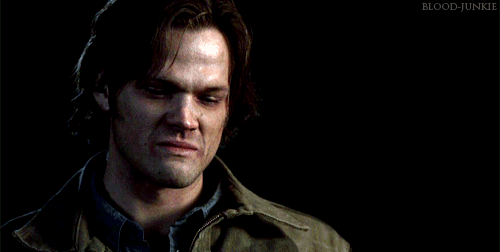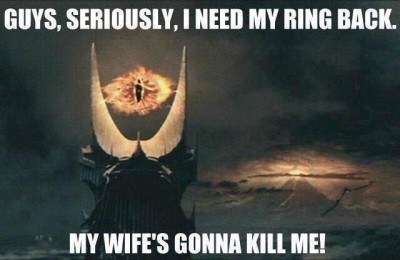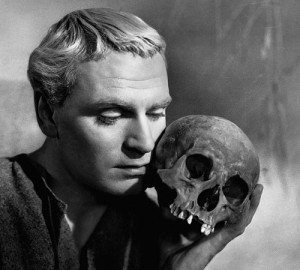I have a newsflash, people: S. A. D. is real. (For those of you who don’t know, S. A. D. stands for Seasonal Affective Disorder, a mood disorder obviously named by scientists who thought they were hilarious.) And, more importantly, I think I have it.
I’m a Florida girl. I’ve lived in other places, sure, but when we get down to brass tacks I really enjoy the presence of sunshine in my life. Winters are pretty smooth sailing Down South, even in North Florida, where I’m from. January temperatures occasionally drop down into the teens at night, but usually warm up to sunny, bright, light-jacket weather in the afternoon. And by the time late February rolls around, cold weather is nothing more than a distant memory.

Pretty much this.
Well, folks, I live Up North now, where winter is a sadistic, soulless entity bent on crushing everyone’s hopes and dreams under an impenetrable layer of ice and snow. Darkness falls mere hours after the sun has risen (not that you’re likely to actually see the sun behind the dense grey clouds shrouding the world). Don’t even bother to look good: no one will be able to tell under the eighteen layers of clothing you’re wearing, and the snow will ruin those cute shoes. Ruin them dead.

I don’t understand why this white bullshit keeps falling from the sky.
I like the beginning of winter just fine. November’s still sort of autumnal, and December is full of holiday cheer and good will towards man. January? No. Just, no. The Winter Blues have officially set in, with an attendant host of fabulous and enjoyable symptoms.







